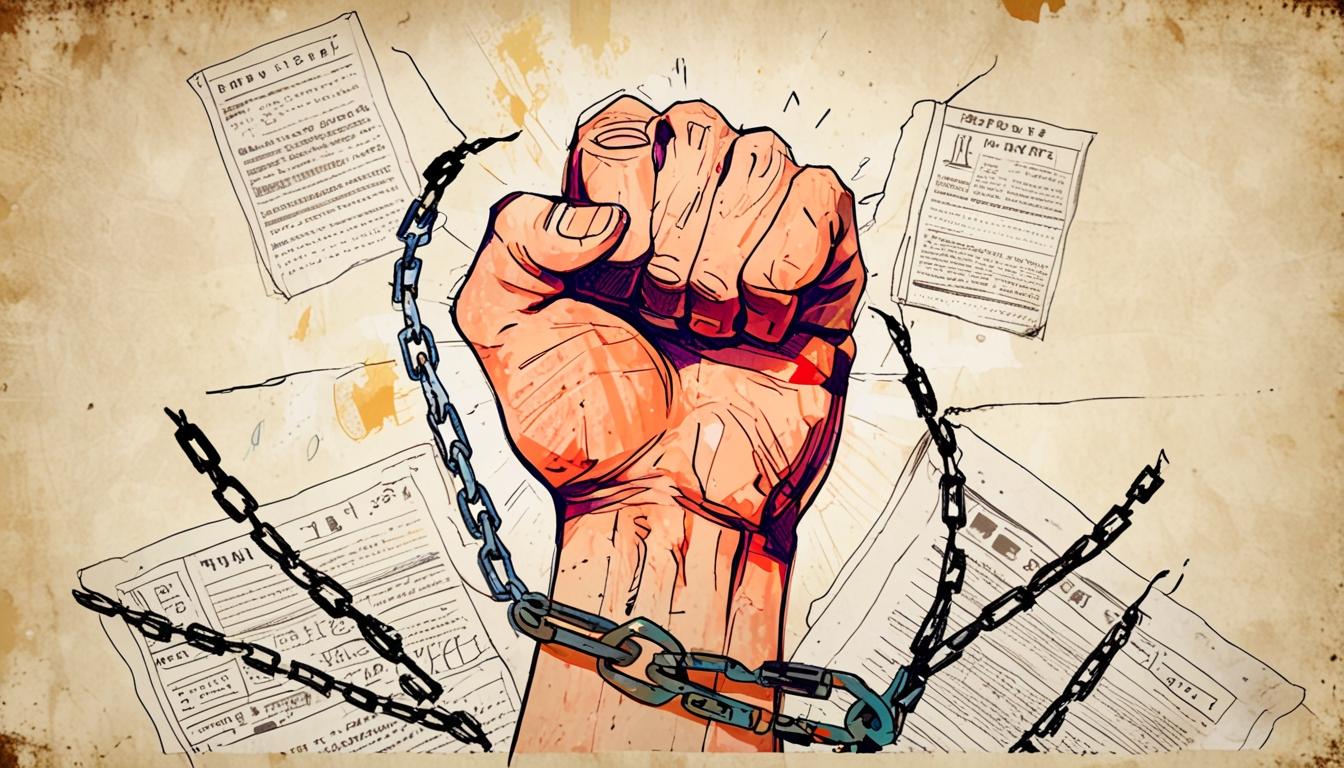A recent ruling by the Court of Appeal has reinforced the illegitimacy of anti-protest laws enacted under the previous Conservative government, marking a significant moment in the ongoing debate over the right to protest in the UK. The court unanimously declared these laws as a "flagrant abuse of power," contending that they should never have existed in the first place. This decision comes after a high-profile legal battle initiated by the government in an effort to maintain an image of toughness on public order.
The anti-protest regulations had given police sweeping authority to restrict demonstrations deemed to cause “more than minor” disruption, a power that has been criticised for stifling diverse voices and dissent. This development follows a previous High Court ruling which ordered the repeal of the controversial legislation.
Critics have argued that the Conservative government specifically targeted climate protesters when implementing these laws, contributing to a wider climate of repression against various protest movements. Over the years, laws such as the Police, Crime, Sentencing and Courts Act 2022 and the Public Order Act 2023 have created an environment where even a loud protest could lead to dispersal and arrest. The Public Order Act introduced measures that allow law enforcement to detain individuals for merely possessing materials that may be used for peaceful protest actions, significantly narrowing the space for public dissent.
The implications of these legal measures have been profound, with a record number of protesters imprisoned over the recent holiday season due to stringent anti-protest laws. Furthermore, journalists have faced wrongful detentions while covering protests, as police often misidentified them as participants.
In light of these concerns, the current Labour government’s approach is under scrutiny, particularly as lawmakers now consider a proposal to ban face coverings during protests. This proposal bears striking similarities to previous initiatives introduced by the Conservative government, raising questions about Labour's stance on civil liberties.
The recent court ruling is seen as an opportunity for Labour to pivot away from these repressive measures and reassess its position towards protesters in the country. Advocates are calling for an urgent review of all arrests made under the contentious laws and a comprehensive evaluation of protest legislation enacted in recent years.
Activists emphasise the historical significance of protest as a catalyst for social change, highlighting movements that have led to crucial rights such as women’s suffrage and LGBTQ+ rights. This ruling, they argue, should prompt a fundamental rethink of how protesting is perceived and regulated within the democratic framework of the UK. The legal landscape surrounding protest continues to evolve, and stakeholders are keenly observing how Labour will navigate this complex terrain.
Source: Noah Wire Services
